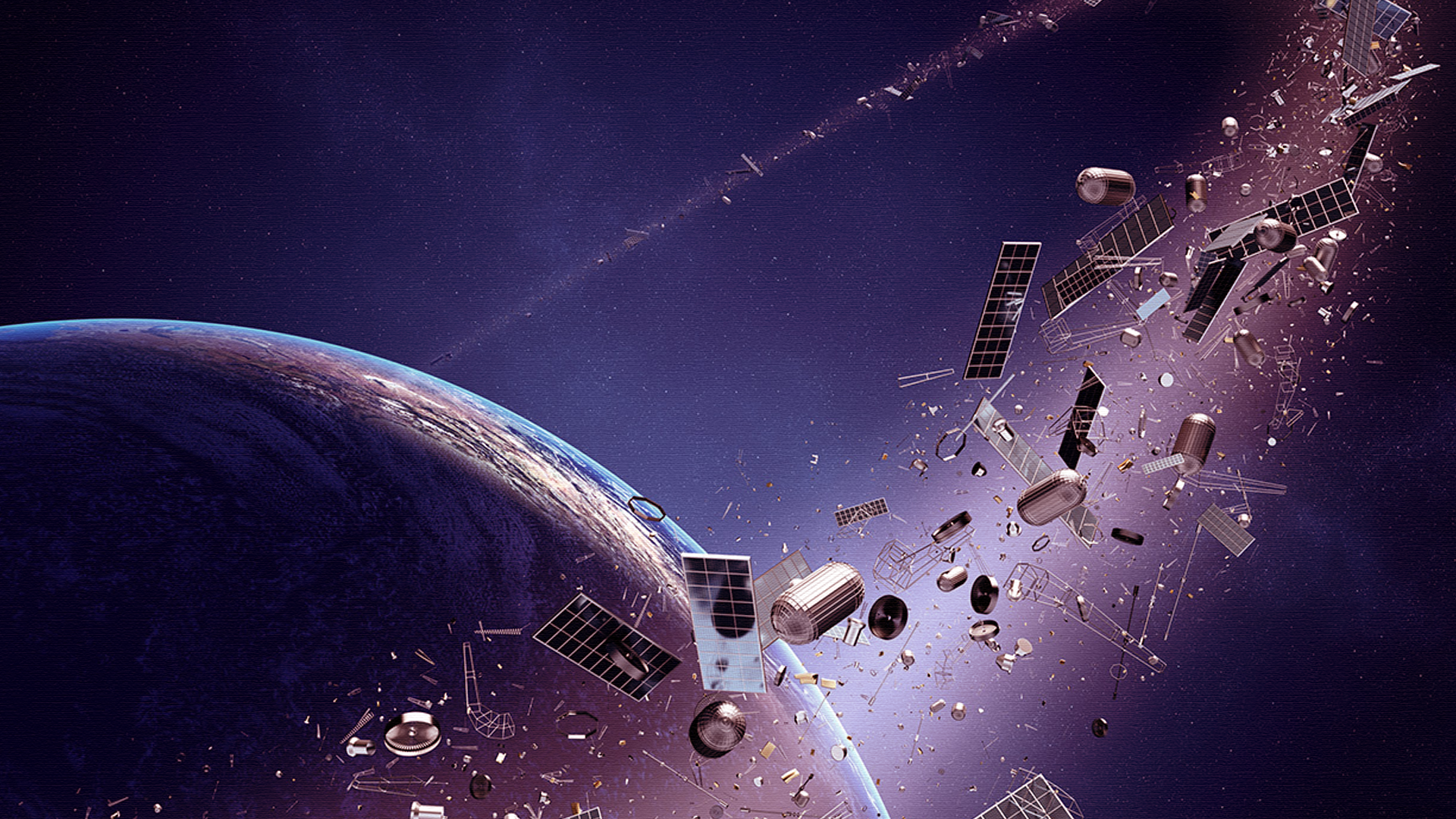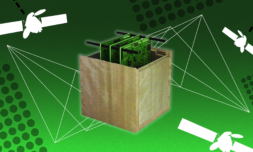With concerns growing over space debris and satellite traffic, the UN and UK government has signed a one-of a-kind agreement to ensure the sustainability of space missions going forward.
If you keep up to date with our stories, you’ll know that space junk – though it may sound like a storage locker owned by eponymous hero Rick Sanchez – actually represents a very real issue.
As it stands today there are close to 6,000 satellites orbiting the Earth, 60% of which are either non-operational or completely outdated. Either way, these remnants of missions past are left spinning around our planet, emitting harmful materials and making modern space research dangerous and unpredictable.
Our solar system isn’t exactly about to get any respite in the next decade either. With tech tycoons like Jeff Bezos and Elon Musk looking to establish their own low-orbit internet constellations, an estimated 990 satellites are set to be launched every year throughout the 2020s.
It goes without saying that we probably need to establish some ground rules for sustainability sooner rather than later.
With that goal in mind, an exciting new partnership has just blossomed between the ‘UN Office for Outer Space Affairs’ (UNOOSA) and the UK government. Together, the two governing bodies have drawn together a framework for the ‘safe and sustainable use of space,’ which was accepted by the United Nations General Assembly.
While we’ve yet to see any specific details of the guidelines, the announcement revealed that education and outreach are chief on the agenda for both parties and that the UK Space Agency is heading up the funding.



















